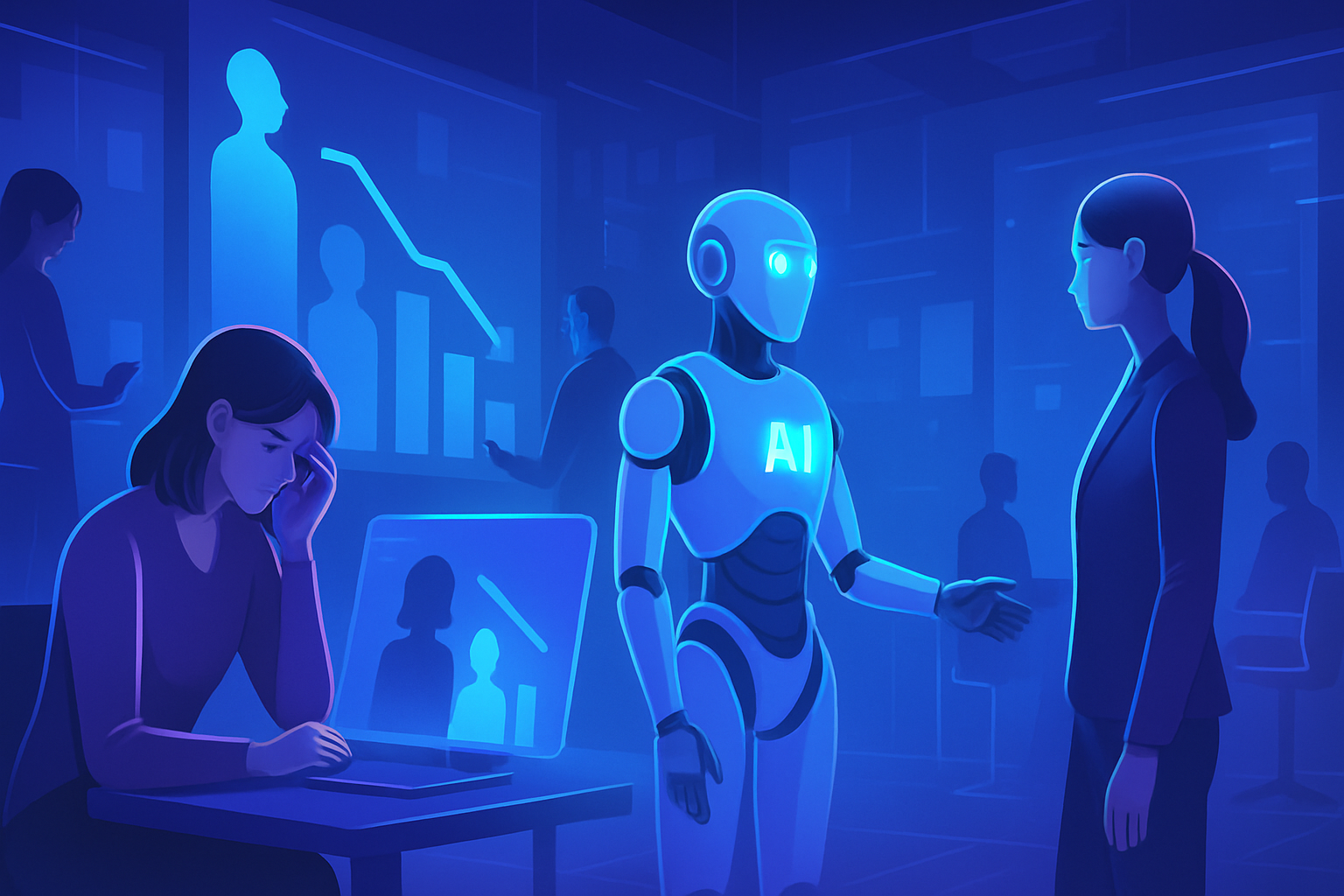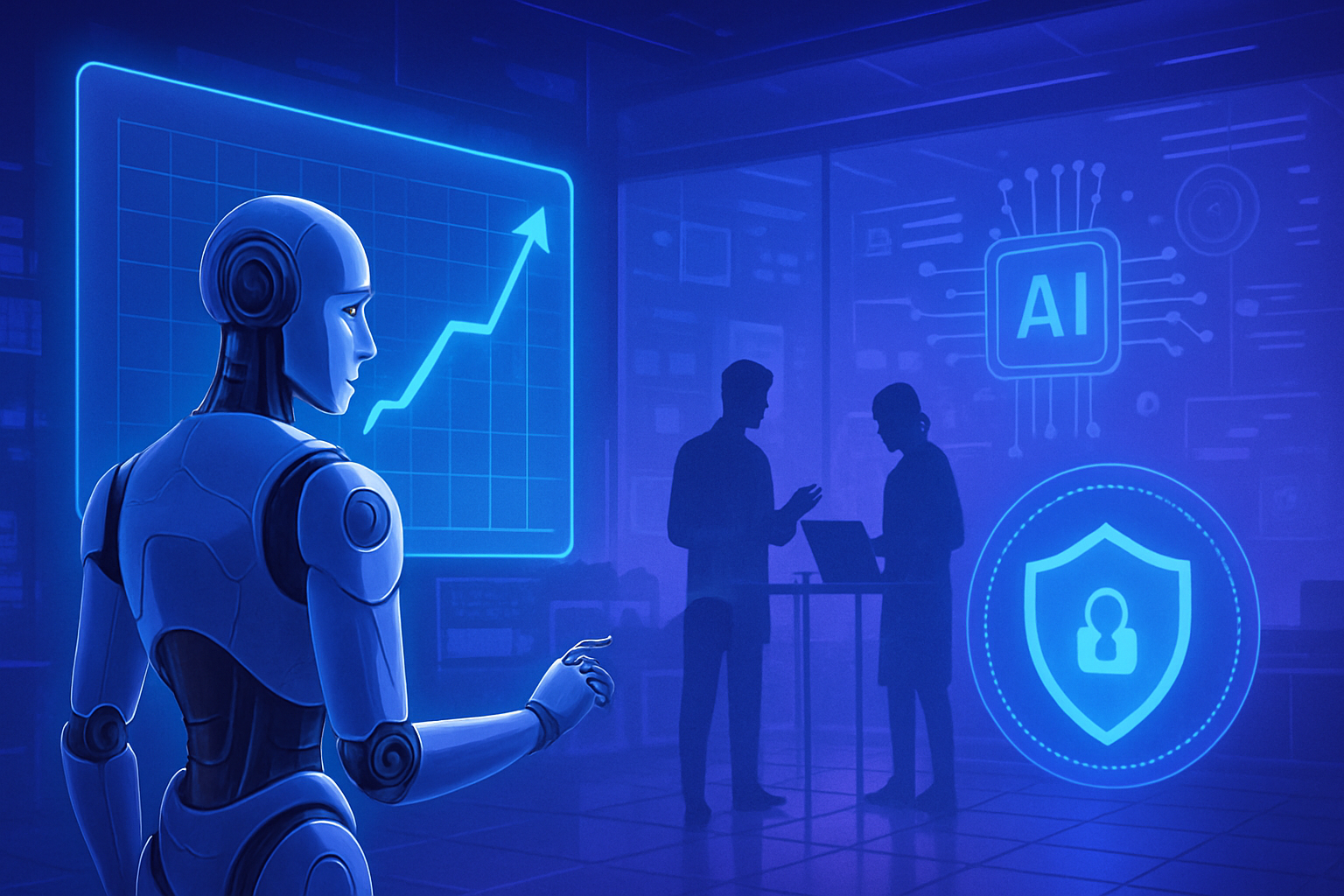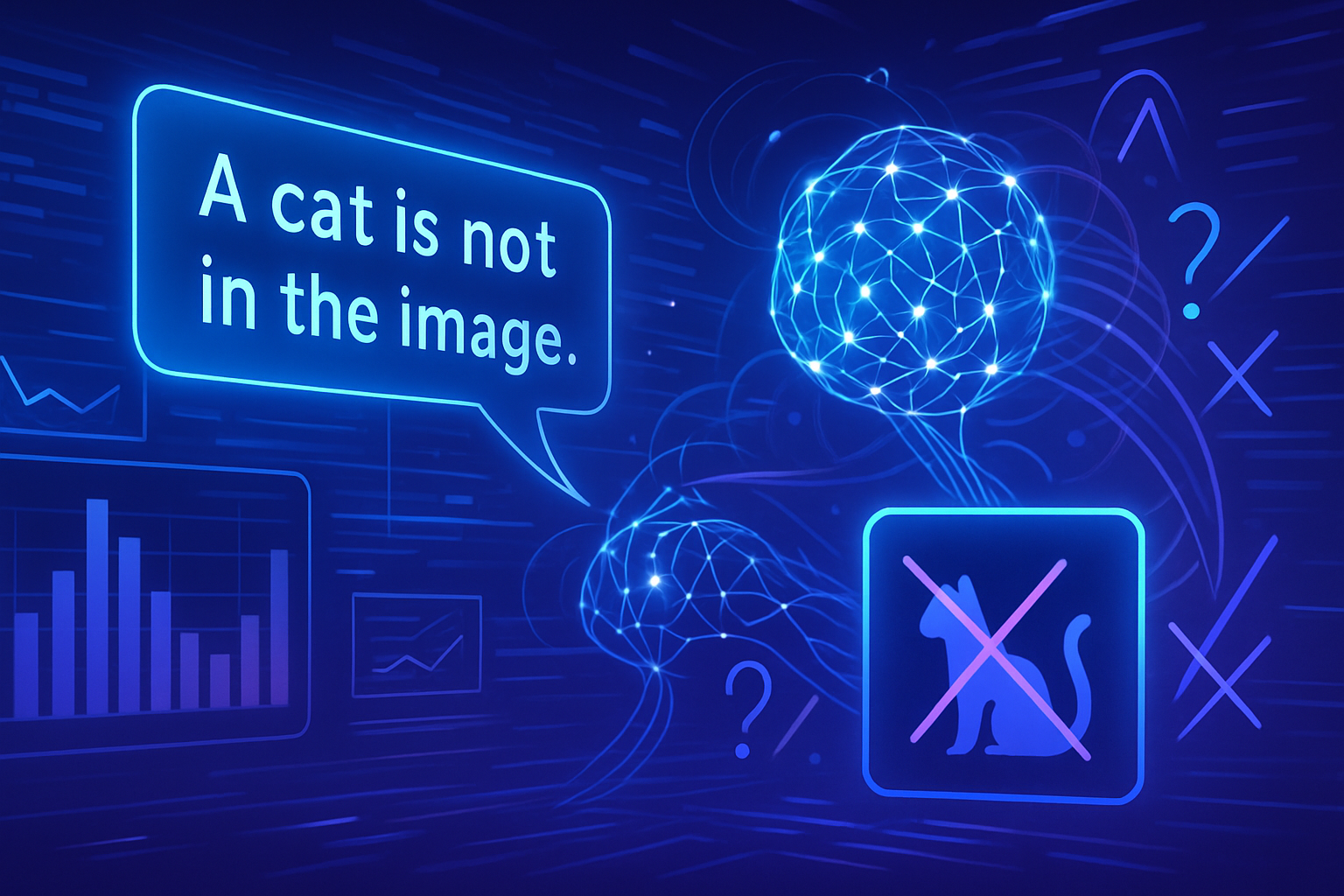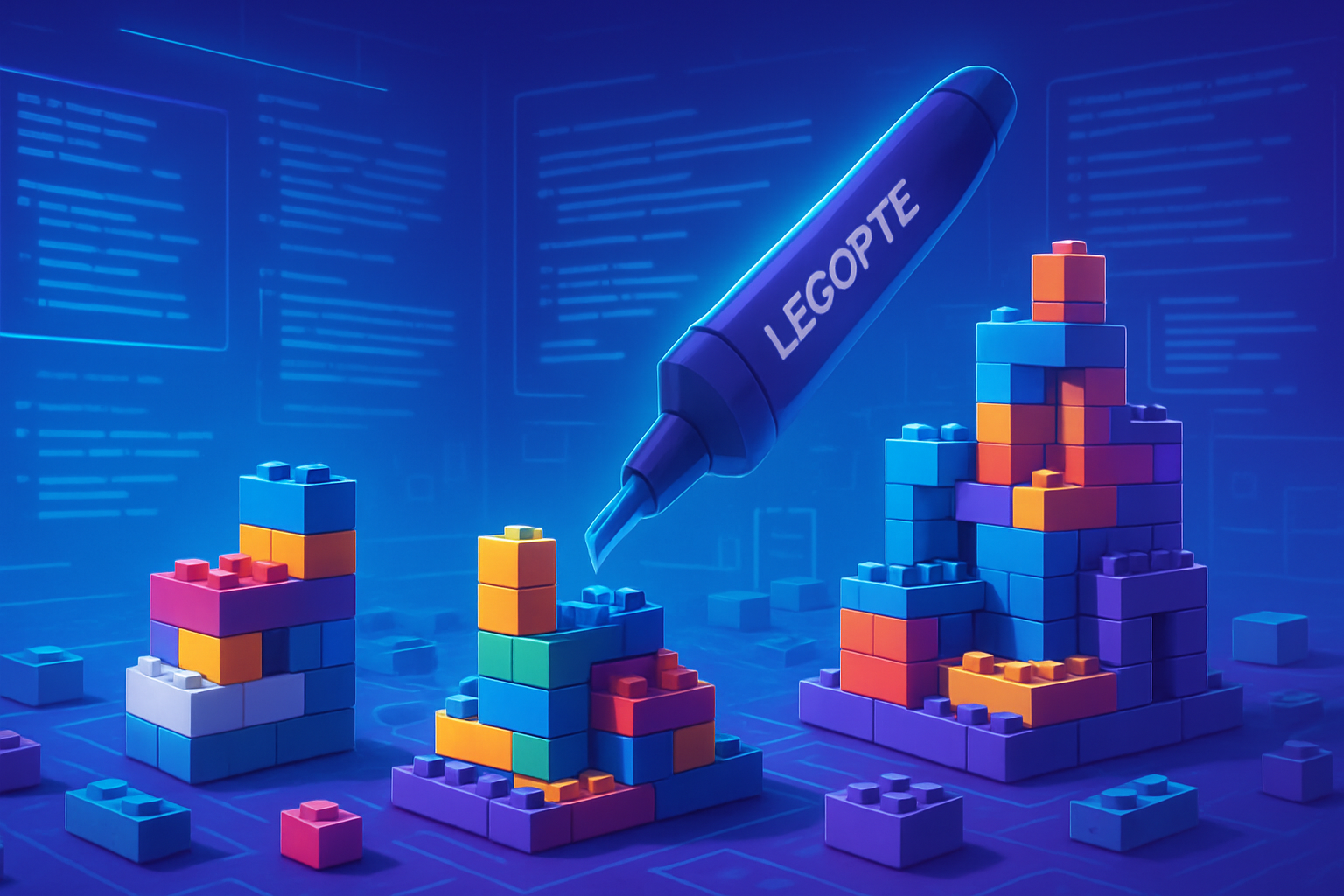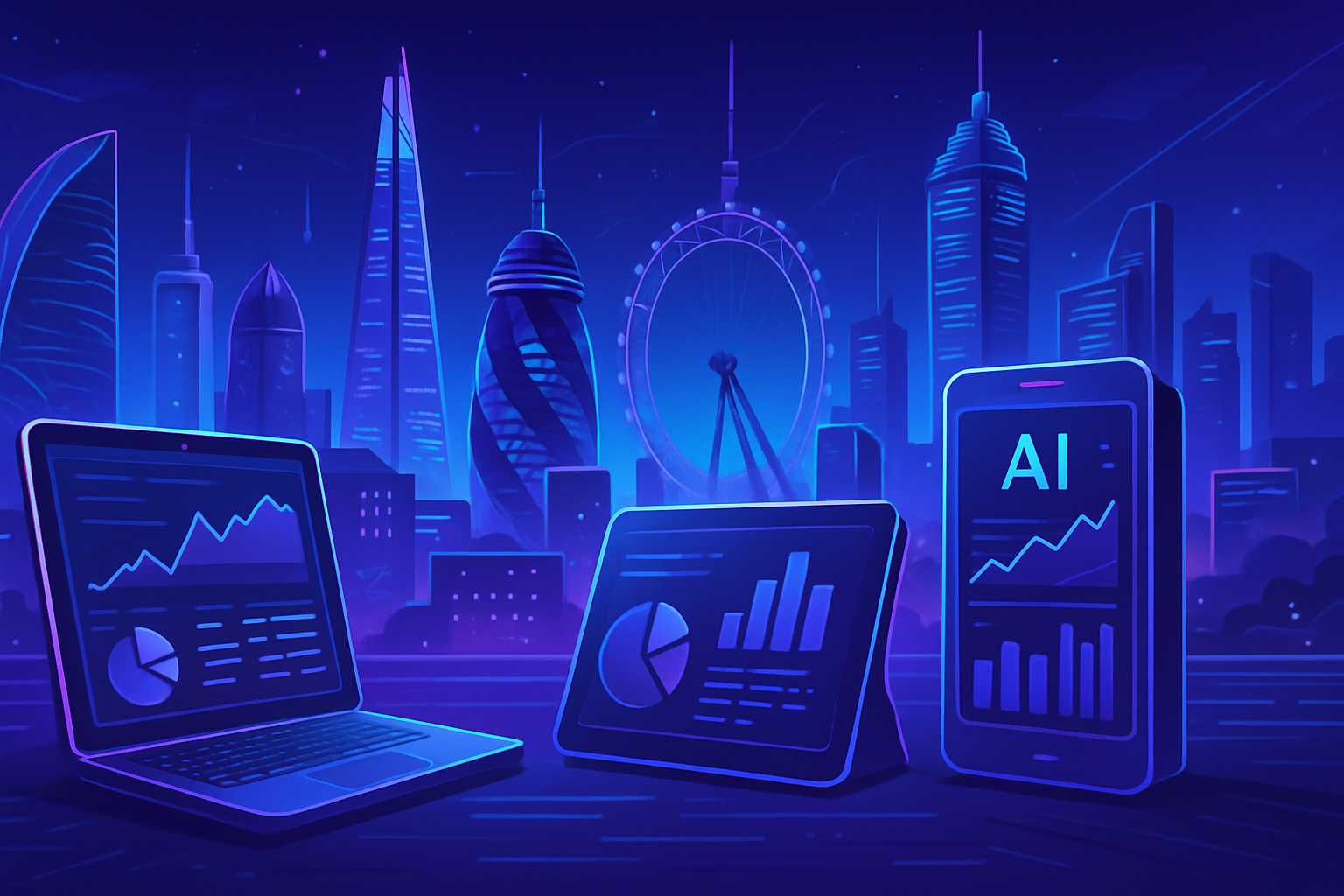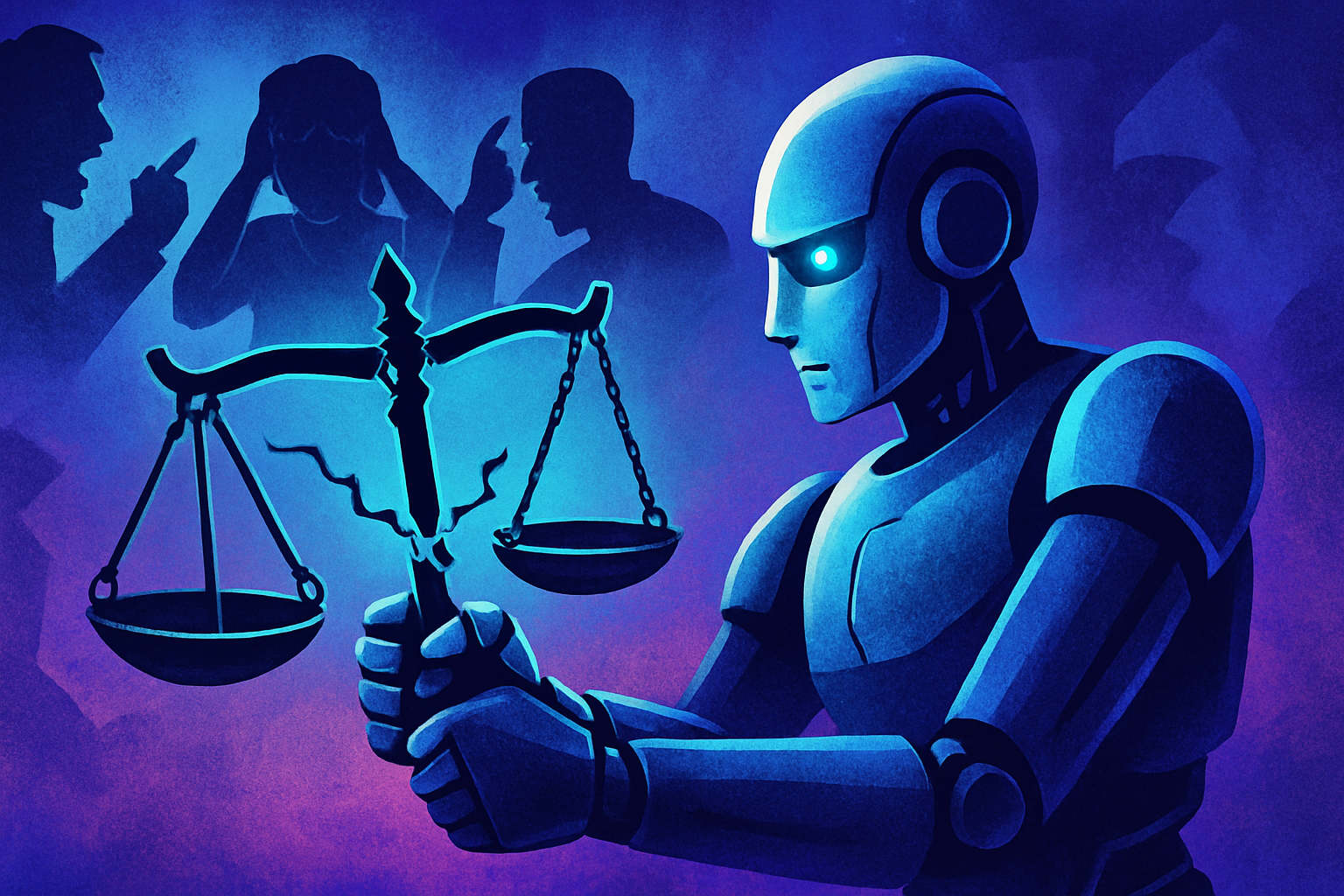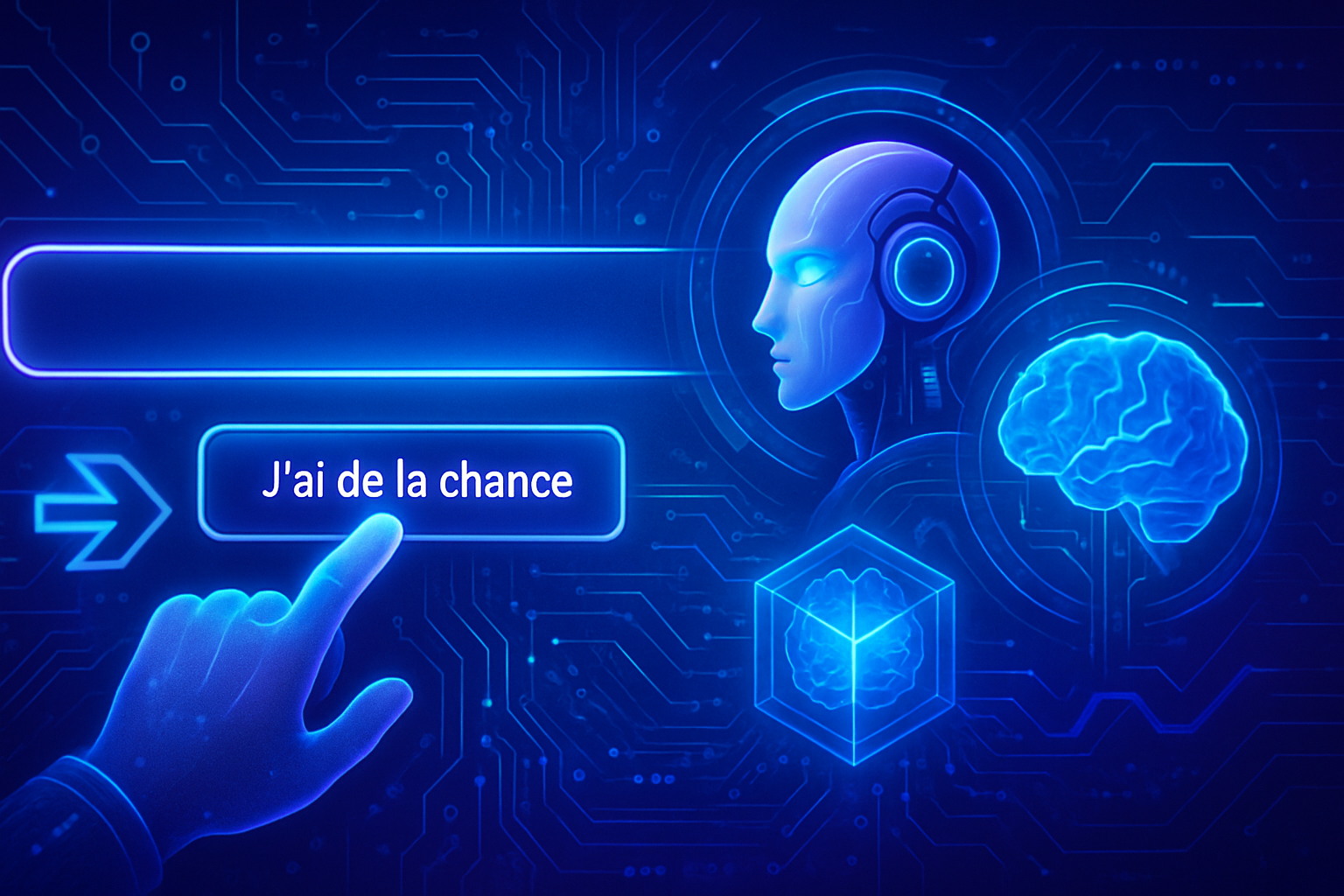The inevitable rise of artificial intelligence is reshaping the job market. Pay disparities are reinforcing, exposing women to a *risk of job loss* nearly three times greater than that of men. This alarming situation requires urgent attention. Occupations often held by women, such as secretaries or assistants, are the most vulnerable to this technological shift. *Gender inequalities in the professional sector* are becoming increasingly significant as automation advances. The future of the job market demands immediate strategic thinking to mitigate these growing disparities.
Wage inequalities exacerbated by artificial intelligence
According to data provided by Insee and the Observatory of Inequalities, a difference of 22% persists between the wages of men and those of women. This situation is worsening with the advent of new technologies. A recent study by the UN highlights alarming employment forecasts, particularly regarding the impact of artificial intelligence.
The differentiated impact on jobs by gender
Research conducted with the ILO and the National Research Institute in Poland shows that specific jobs could be fully automated. The study mentions that 9.6% of women could lose their jobs, compared to 3.5% of men. Sectors such as assistance and secretarial work are particularly vulnerable to this technological transformation.
A necessity for political change
The conclusions of the UN must not be ignored, as they play a decisive role in the political agenda. Governments must act to change the climate of professional demands. The authors’ analysis highlights that new policies could “reduce this concerning figure.” Low-value-added jobs need to be protected to combat wage inequalities.
An alarming global outlook
Globally, the figures continue to worry. The report indicates that 25% of jobs will be affected by automation. The situation is even more concerning in certain countries, where this figure could reach 34%. A thoughtful approach is needed to anticipate the consequences of these changes on the labor market.
The risk for men
Although women are the most affected, men are not spared by this technological revolution. Bill Gates has expressed concerns about the rise of artificial intelligence over human capabilities, raising the issue of a partial replacement of workers by machines within about a decade. The implications of this evolution deserve particular attention.
Towards an uncertain and inhumane future
Growing concerns about employment fuel a necessary debate on the ethics of artificial intelligence. Voices are being raised to warn that an obsession with efficiency could lead us towards a inhumane future, where human value would be eclipsed by that of machines. Experts urge consideration of the repercussions on social well-being.
The issues related to the use of artificial intelligence in the professional sector exceed economic concerns and touch on our humanity. Solutions must be contemplated as work life becomes increasingly dependent on automation.
The need for an adaptation strategy
To navigate this painful transition, it is essential to develop tailored training plans on future skills. Supporting workers, especially women, to transition to future sectors will be crucial. Education and professional retraining become leverage to limit the impact of job losses.
The evolution towards a job market where artificial intelligence significantly influences occupations requires in-depth reflection. Social and political actors must join forces to prepare for an inclusive transformation that promotes diversity and equality within employment. Women, in particular, must be placed at the heart of adaptation strategies.
Frequently asked questions about the impact of AI on women’s employment
What is the extent of gender inequalities in the context of job losses due to AI?
Women earn on average 22% less than men and face a risk of job loss due to AI three times greater than men, particularly in sectors such as administrative assistance.
Which sectors are most affected by job losses linked to AI for women?
The most impacted sectors include those where women hold many assistance positions, such as assistants, secretaries, and other administrative support roles.
How did researchers determine that women would be more affected by AI than men?
Research, particularly conducted by the UN and the ILO, shows that 9.6% of women risk losing their jobs due to AI, while this figure is only 3.5% for men, indicating a significant imbalance.
What actions can be taken to reduce the impact of AI on women’s employment?
It is essential to adopt proactive policies and encourage new training and skills for women to prepare them for future non-automatable jobs.
Why is it important to be concerned about these inequalities now?
This is crucial because research indicates that by 2035, up to 25% of jobs worldwide could be affected, and immediate actions can help mitigate these effects on women.
Are there types of jobs that are less likely to be affected by AI for women?
Yes, certain jobs requiring human skills, creativity, or deep social interactions are less likely to be automated and could represent a secure pathway.
What is the position of international organizations regarding this issue?
Organizations such as the UN emphasize the urgency of implementing measures to protect women’s jobs against AI, calling for awareness at the level of heads of state.
How are men affected by these transformations related to AI?
Although the risk of job loss is higher for women, men are not spared. AI could potentially replace a significant portion of jobs held by some men across various sectors.
